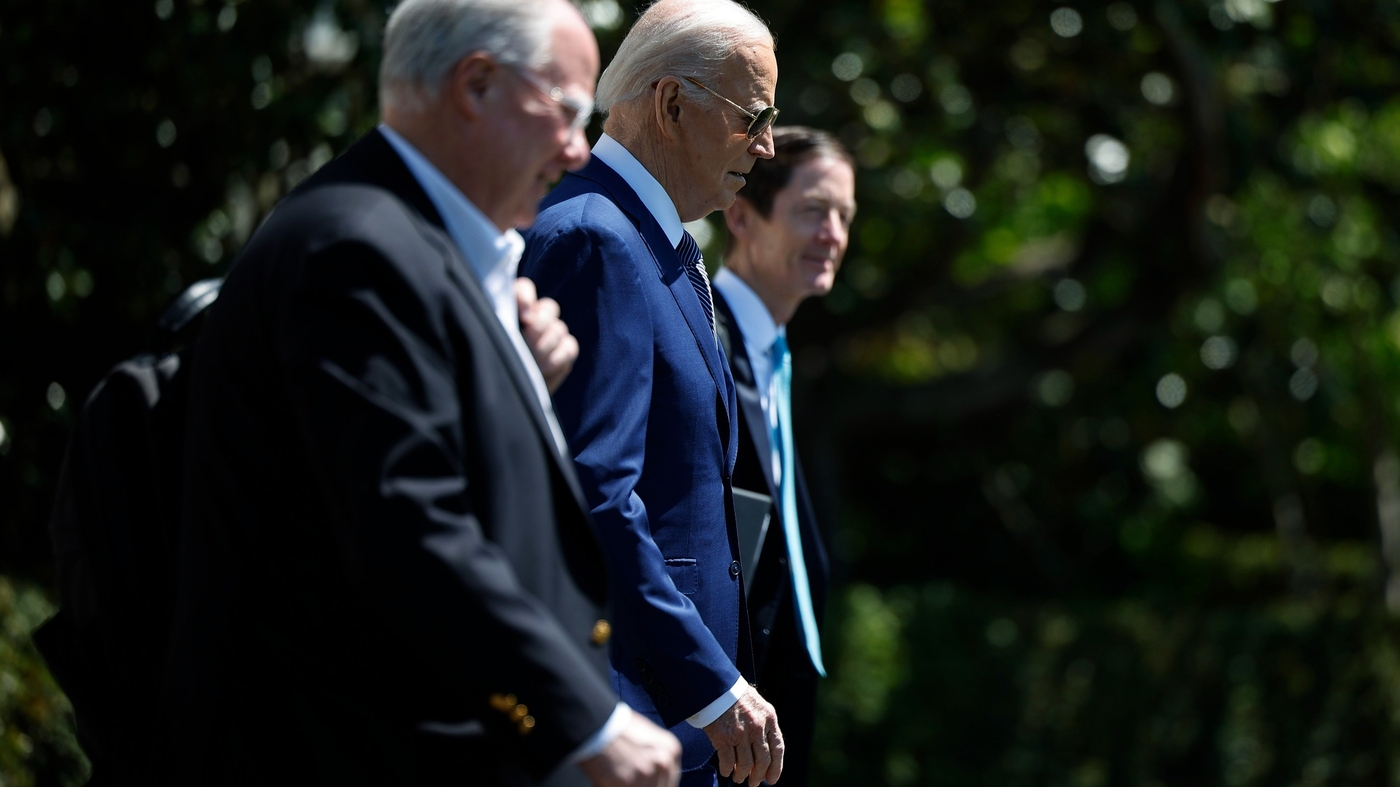Analyzing the Discourse on Presidential Health and Transparency: Insights from Recent Allegations Surrounding President Biden
Exploring the Narrative of Decline and Concealment
The discourse around President Joe Biden’s health has recently surged to the forefront of political conversation following the publication of *Original Sin: President Biden’s Decline, Its Cover-up, and His Disastrous Choice to Run Again*. The book, fueled by extensive interviews with insiders and aides, constructs a narrative pointing to a significant cognitive and physical decline that has been deliberately hidden from the public eye. This portrayal disrupts the familiar political image of the president and raises profound questions about transparency, governance, and ethics in leadership.
This examination penetrates beyond mere speculation to assess not only the allegations about Biden’s condition but also the broader implications for democratic accountability, political strategy, and how aging leaders are perceived and managed in modern democracies.
The Core Claims: A President’s Declining Health Under Scrutiny
Central to these revelations is the assertion that Biden’s cognitive faculties and physical vigor have deteriorated more visibly than has been officially acknowledged. The accounts, sourced from roughly two hundred interviews, reveal an administration grappling with the president’s vulnerabilities behind closed doors. From lapses in mental acuity to severe physical concerns, including discussions about the potential use of a wheelchair during a second term, the picture painted starkly contrasts with the polished public persona usually presented.
The characterization of Biden as “a shell of himself” encapsulates a profound perceived transformation, one that reportedly left even close aides and family members caught between denial and deliberate concealment measures. This raises essential questions about the real capacity of the president to perform the demanding role and the ethical implications of withholding such critical health information from voters and political stakeholders.
The Role of Aides: Protectors or Enablers?
A noteworthy element in the narrative relates to the function and motivations of Biden’s inner circle. Described as both shielders and deniers, these aides allegedly orchestrate a sophisticated management of perception. Their efforts extend beyond simply supporting the president; they reportedly aim to mask apparent cognitive deficits and physical limitations to maintain an image of competence and vigor.
One striking anecdote involves a third secretary shocked by the president’s cognitive lapses during a rare meeting, a demonstration of how hidden these issues were, even internally. The insistence on concealment appears rooted in fears of political backlash, voter confidence erosion, and possible ideological reluctance within Democratic circles to confront or disclose vulnerabilities. This approach reflects a strategic, if controversial, choice to prioritize political expediency over transparent governance.
Navigating Political and Ethical Minefields
The intersection of political strategy and ethical responsibility forms the crux of the dilemma here. Voters’ right to informed decision-making collides with political calculations aimed at preserving power and image. Transparency about a leader’s health seems essential to democratic integrity, yet the desire to hide difficulties signals a willingness to compromise openness.
Biden’s status as the oldest American president intensifies these concerns, as age-related health anxieties have consistently shadowed his tenure. While some dismiss these discussions as partisan attacks, the deeper issue lies in accurately distinguishing legitimate governance concerns from politically charged critiques. This dilemma punctuates the fragile balance between respecting personal privacy and ensuring electoral honesty — a balance evidently skewed in favor of political considerations in this case.
Reactions and Media Dynamics: A Divided Landscape
The public and political responses to the allegations have illuminated sharp divides. Within Democratic strategists’ ranks, unease emerges with voices such as David Axelrod acknowledging the seriousness of cognitive decline claims. Conversely, official White House sources categorically deny any cover-up, depicting the accusations as exaggerated or politically motivated.
Media reactions mirror this tension, with some commentators wary of the potential damage to Biden’s legacy and others championing the necessity of confronting uncomfortable truths. The polarized environment underscores the challenges inherent in discussing presidential health openly without descending into partisan warfare or undermining public confidence.
Historical Echoes and Contemporary Challenges
This episode resonates with historical instances where presidents faced health challenges that were downplayed or obscured, a practice long embedded in political tradition. However, today’s relentless media scrutiny and digital record-keeping make such concealments increasingly difficult. Nevertheless, as this case shows, political handlers still endeavor to control narratives tightly, suggesting that information management around leadership health remains a central feature of political survival strategies.
Additionally, Biden’s situation spotlights a broader societal question faced worldwide: as political leaders age, how do democracies reconcile the realities of physical and cognitive decline with the imperative of effective and transparent governance? This question grows ever more urgent as global demographics trend older and leadership longevity increases.
Conclusion: The Imperative for Transparency at Democracy’s Core
The unfolding narrative surrounding President Biden’s health and the purported concealment by his aides spotlights critical tensions in contemporary political life. Leadership involves inherent human vulnerability, yet how these vulnerabilities are managed can profoundly impact democratic legitimacy. Concealment strategies, although possibly intended to protect a leader’s image, risk corroding public trust and distorting the electoral process.
This case challenges democratic societies to reconsider how they balance privacy, political strategy, and the electorate’s right to informed decision-making. Ultimately, transparent and honest discourse around a leader’s capacity is not merely a political nicety but a foundational element of accountability and governance. The conversation sparked by these allegations, therefore, serves as a vital moment to revisit and reinforce the values that underpin democratic leadership in an era of unprecedented scrutiny and challenge.











